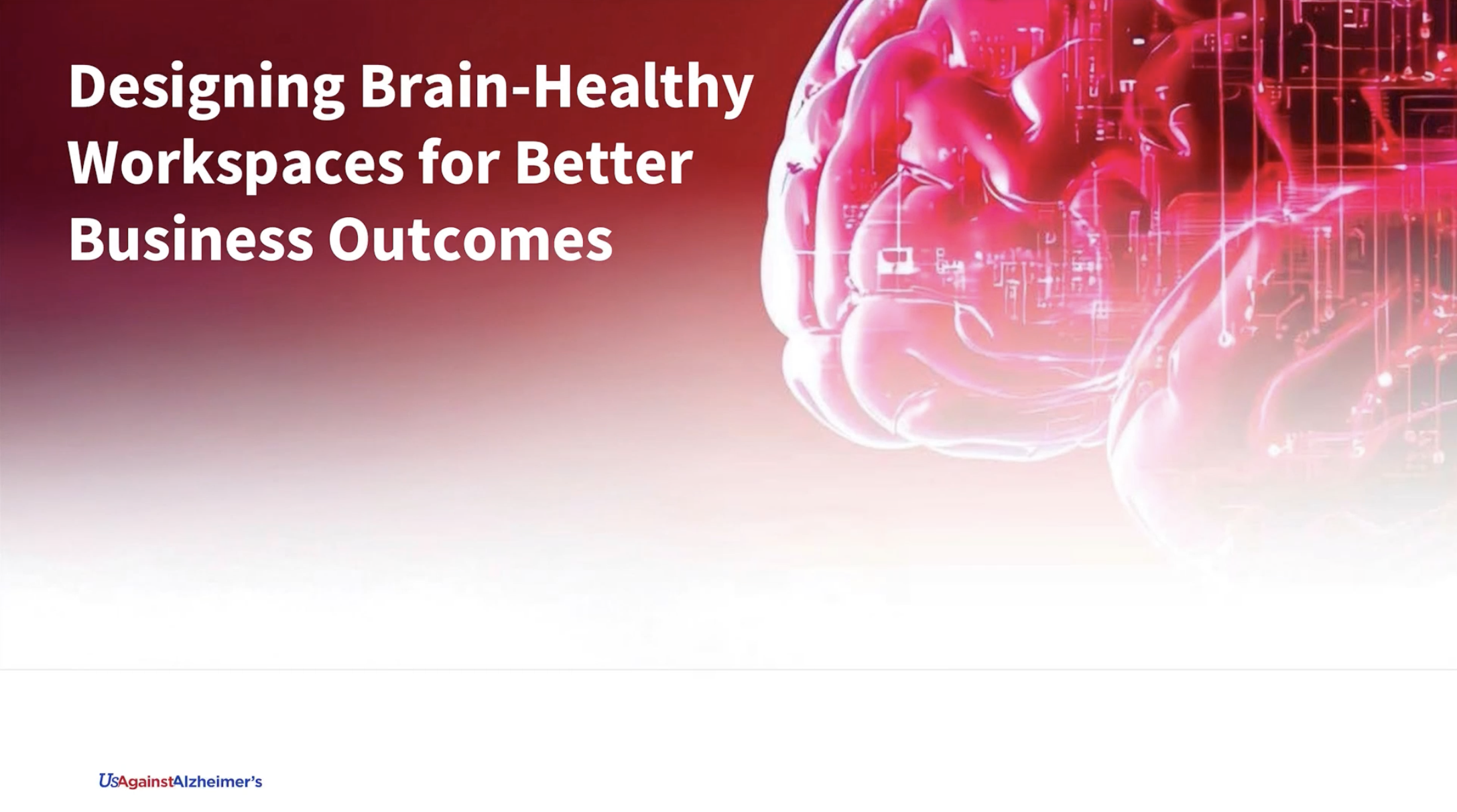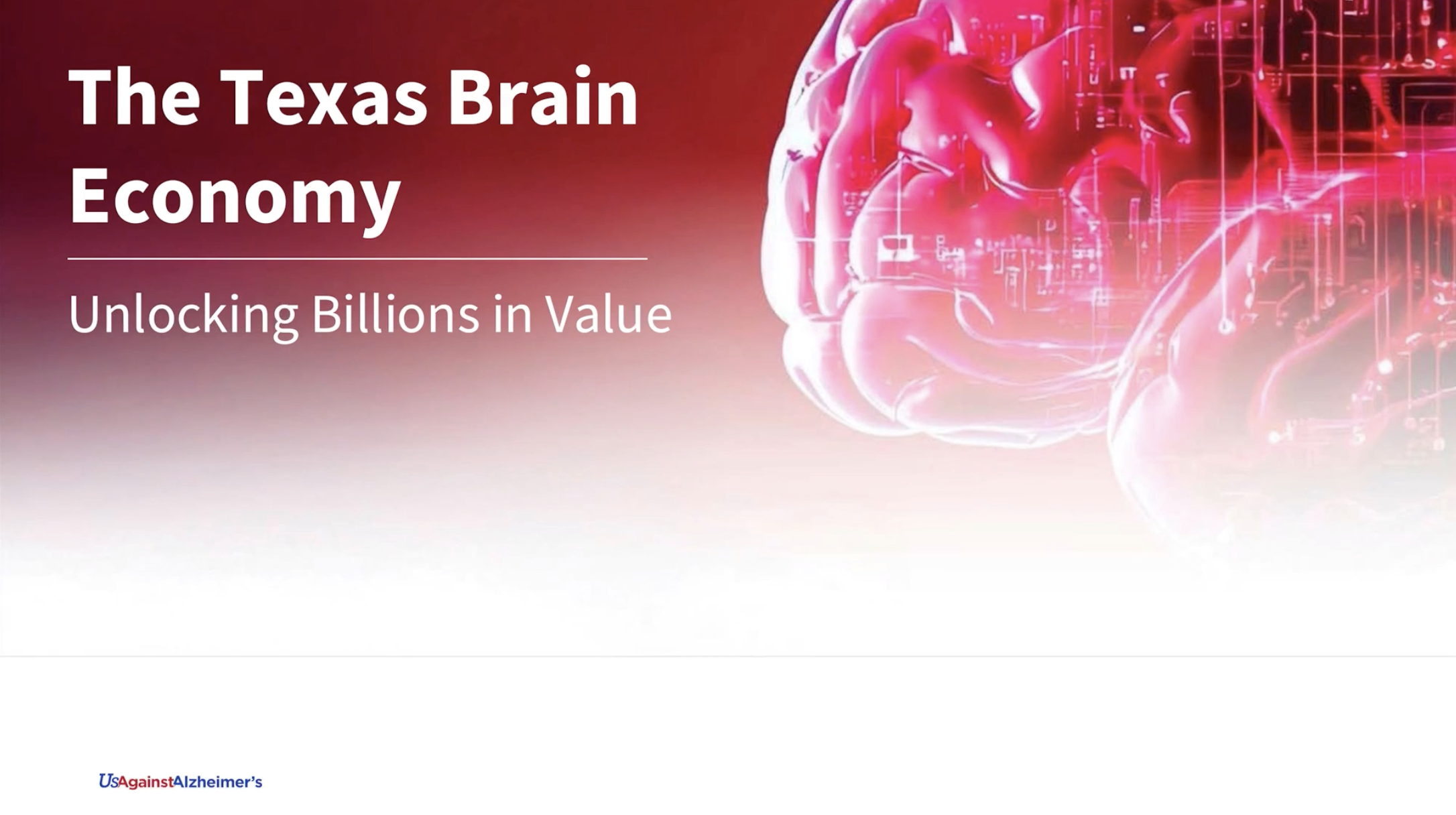
Brain Capital: The New Competitive Advantage in a Shifting Economy
Houston TX | May 21 - 22, 2025

Enhancing Brain Capital: Lessons from Energy Systems Evolution
Energy systems expert Dr. Lawrence Jones and brain capital leader Dr. Harris Eyre explore how the energy sector’s global transition can inform a parallel shift toward a “brain transition.” They emphasize the need to reframe brain health as the century's "master resource," demanding early public policy integration, robust investment in brain resilience—including "AI hygiene"—and aggressive private sector engagement.

International Markets: Global Brain Health Challenges and Strategies
With mental and neurological disorders costing the global economy an estimated $3.5 trillion annually, leaders from government, academia, and industry convene to prioritize "brain capital" as a critical global health and economic imperative. The session urges the implementation of national brain health action plans, life-course interventions, harmonized regional data, and private-sector investment. It also highlights the crucial role of AI with ethical guardrails and the engagement of cultural partners in fostering cognitive resilience worldwide.

Measuring Brain Capital: A new Platform for Unleashing the Flourishing Brain
Experts dive into how neuroscience and AI are transforming brain health from theory to a measurable, multi-trillion-dollar industry. Attendees learn about cutting-edge tools that can quantify brain health, linking it directly to enhanced productivity across education, mental health, and workforce development.

Designing Brain-Healthy Workspaces for Better Business Outcomes
Experts discuss how intentional space design can significantly boost cognitive well-being, employee engagement, and business outcomes. They recommend creating diverse work environments that offer choice and control, seamlessly integrate technology for hybrid work, and prioritize investments in brain health-focused spaces linked to tangible business metrics.

From Discovery to Delivery: The Economic Value of Accelerating Healthcare Innovations
Health leaders showcase how Houston's healthcare system is leveraging scientific innovations to attract investment and grow its workforce, highlighting the critical role of AI and the economic value of brain health. To keep progress moving forward, experts recommend integrating public health and clinical systems, aligning economic incentives for preventative care, and using AI and digital technologies to accelerate research and improve diagnostics.

Workforce Brain Health: What Matters and What Works
This session emphasizes the vital transition from acknowledging brain capital to actively implementing workforce brain health strategies. It underscores the employer's crucial role in mitigating risk factors like stress and sleep deprivation to boost performance. The discussion also highlights the importance of leadership training, tailored interventions for diverse workforces, and integrating mental health into employee benefits, with future plans to establish a regional brain fitness center in Houston and foster inter-company collaboration.

Aligning Financial Returns and Impact: Strategic Investing in Brain Capital
This session explores how private capital can propel brain innovation, simultaneously generating significant financial returns and societal impact. It highlights a crucial shift towards device-based interventions and the operationalization of scientific knowledge into engineering solutions, making neurotechnology an increasingly attractive investment. Recommendations focus on promoting quantitative measures for brain health, advocating for non-dilutive funding, fostering public-private partnerships, and ensuring equitable access to neurotech.

The Texas Brain Economy: Unlocking Billions in Value
Experts clearly define brain health, brain capital, and the brain economy, highlighting the significant global and regional burden of brain health conditions and lost productivity. It emphasizes the urgent need for accelerated, collective action, particularly in Texas, to overcome fragmentation, improve data, increase investment, and develop a prioritized roadmap for a positive brain economy transition. Houston is identified as an ideal hub to lead these initiatives due to its strong medical and partnership infrastructure.

A Unified Federal and State Policy Agenda for Brain Health
Interconnected systems like education, healthcare, and technology are vital for brain capital development. Panelists stress the importance of bipartisan collaboration, increasing access to care, and prioritizing early intervention for children and young adults. Key next steps include securing constitutional funding for Texas's DPRIT initiative and establishing a brain economy institute in Houston to guide national and global conversations.

Call to Action
This session underscores the business community's critical focus on brain health, particularly in Houston, and highlights the Dementia Prevention Research Institute of Texas (DPRIT) initiative as a crucial step towards securing sustained funding for neuro and dementia research. Discussions emphasize the need for entrepreneurial, collaborative action to establish Houston as a global "lighthouse for brain health" and outline a comprehensive international strategy to integrate brain health into the global economic agenda, aiming for a brain economy transition strategy announcement in Davos by 2026.
